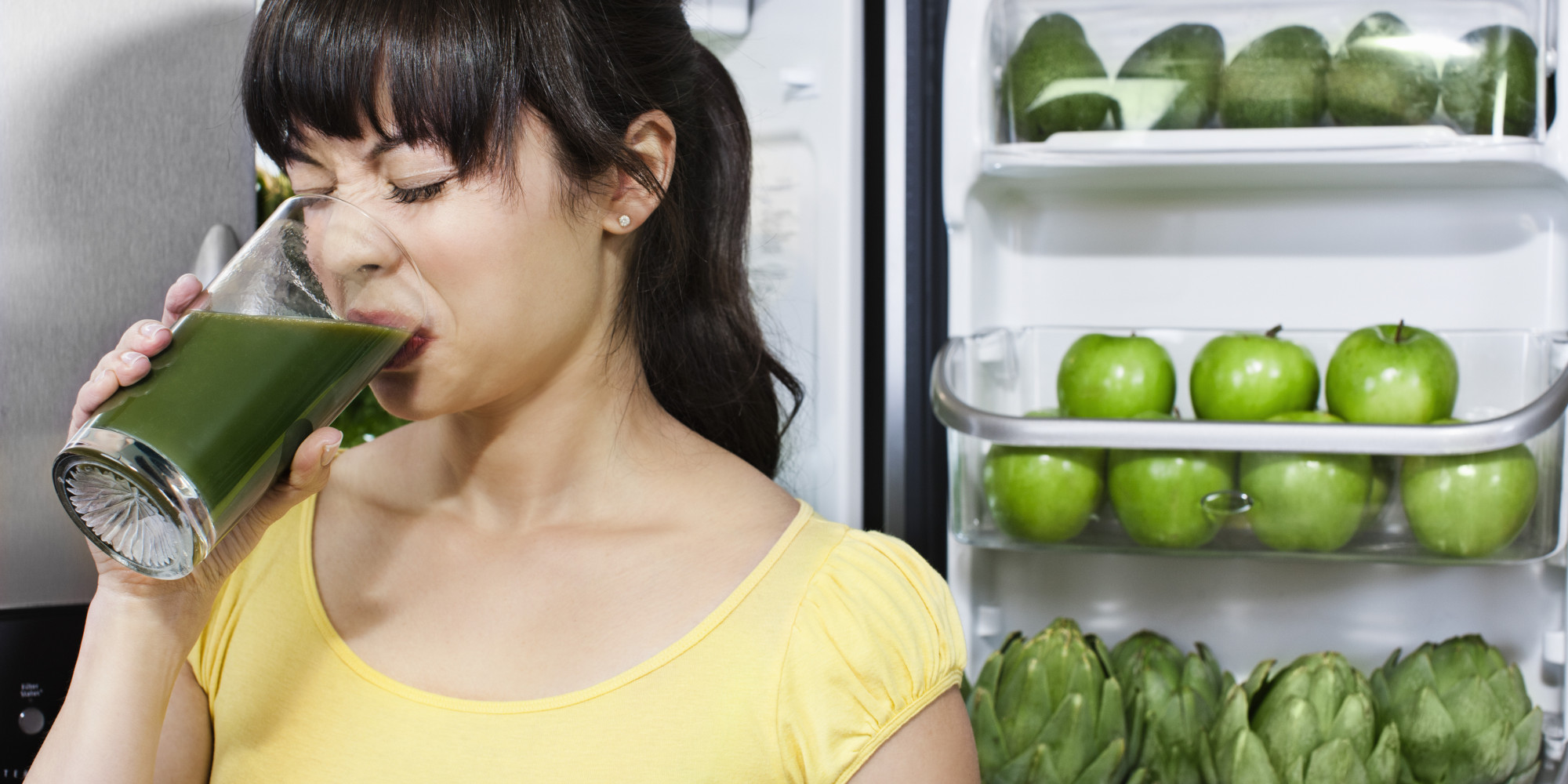
When does 'Clean Eating' Become an Unhealthy Obsession?
My head feels like a lead weight. A tasty Chinese meal and several glasses of cold white wine at the weekend have left me with brain-fuzz and lethargy. It doesn’t matter though. It is an easy cross to bear when looking back on a pleasurable night with friends. It was a sociable evening involving laughter and camaraderie, whilst relaxing and enjoying scrumptious food. Would this have been possible, if I was a devotee of the ‘clean eating’ movement though?
Unless you have been living on a small island in the South Atlantic, somewhere miles away from a television or internet connection, you undoubtedly will be familiar with the concept of clean eating. For anyone who has missed this proverbial boat, clean eating involves eating natural whole foods (as nature intended), whilst avoiding the processed and refined foods readily available on our supermarket shelves. Hard-core clean eating enthusiasts will also steer clear of foods containing gluten, dairy and sugar and may eat purely organic foods. It can be quite a dietary overhaul if you embrace it fully.
You might presume that clean eating would be a welcome concept. Western populations are increasingly struggling with health conditions such as obesity, cardiovascular disease and type-2 diabetes. These are clearly exacerbated by an unhealthy diet full of sugar, processed fats and refined carbohydrates. Plenty of respected research shows that a Mediterranean diet (one that is high in plants, including fruits, vegetables, whole grains, breads, legumes, potatoes, nuts and seeds) is beneficial for good health.
However, the idea of clean eating has brought mixed responses. On the one hand, the movement has been an exciting one, sparking a generation of healthy wannabes ditching the white bread and microwave meals, and mixing up green-goddess smoothies, packed with an abundance of nutritious vegetables. People talk about the positive health benefits such as glowing skin, shiny hair, improved energy levels and enhanced mental health.
On the other hand, it is severely criticised, as the pioneers of clean eating comprise mainly young and beautiful social-media gurus or celebrities (not always nutritionally qualified). It can paint a portrait of perfect eating which people conscientiously aspire to, almost with the zeal of new religious converts. Sadly, it has also provided a route for some into disordered eating. Orthorexia (although not officially recognised as an eating disorder yet) is increasingly prevalent, involving an unhealthy obsession with healthy eating. Someone with orthorexia will dedicate themselves to an extremely rigid and clean diet. Certain food groups are eliminated and this is often accompanied by unhealthy weight loss. Huge anxiety around food develops and socialising can become impossible, due to the rigidity of food choices available.
So is it possible to eat clean without going extreme and eliminating all foods previously enjoyed? I think so. There can be a middle-ground. There are aspects of the clean eating movement which can be inspiring and positively affect our health. By taking some of the principles of clean eating, you can feel infinitely better in your body and mind. You might lose weight (if you need to) and reduce your chances of developing disease.
Five ways to embrace clean eating without becoming obsessed:
1. Buy the books. Watch the TV shows. Look at Instagram – occasionally. Don't consider it a radical doctrine that needs to be followed to the letter though. There is no such thing as a perfect way to eat. Eating more plant foods, embracing healthy fats and reducing your sugar intake will all bring beneficial results. For most people, eliminating gluten and dairy is probably not a necessary step, unless you have Coeliac disease or food intolerance.
2. If you are eating clean but becoming obsessively healthy, you might begin to feel deprived. Overly strict eating can lead to a backlash of binge eating of all the sugary foods that you are trying to cut down on, or an intense preoccupation with food. It can also rob you of all spontaneity and flexibility around eating, which can leave you feeling miserable. So beware of being too rule-bound, and consciously permit in those cakes and biscuits now and then.
3. If you can only feel good when eating clean, then you are on unstable ground when it comes to your self-esteem. You are precariously putting all your eggs in one basket. Although you might want to eat healthily most of the time, you don’t need to punish yourself when you have the chocolate, white bread and wine. Foods are not inherently good and bad. Ultimately, you want to enjoy your food and be satisfied by it, eating a variety of foods and making eating a pleasure.
4. Be kind to yourself and don’t compare yourself with others. Clean eating gurus are modelling an extreme end of the spectrum, which for many of us, is not realistic day-to-day. You can still benefit from the principles whilst taking a more relaxed approach.
5. Making living a priority. I’m sure you would like to eat out at your favourite restaurants with friends without worrying about food. You would most probably like to go to someone’s house for dinner and be relaxed rather than fixating over the sugar content in the dessert. You would like to be spontaneous if you fancy an ice-cream on a hot, sunny day. There is no point eating clean if it renders you house-bound and crippled with anxiety about food. Or if you oscillate between super-clean-goddess and out-of-control-binge-eater. These can be predictable outcomes of clean eating when it has gone too far.
If you have an unhealthy relationship with food and would like to find a more balanced way of eating, this could be the time to get further support through counselling. Counselling can help you explore your relationship with food and to understand why it might be out of kilter. You can then find more effective ways of coping, and find your own peace with food.










